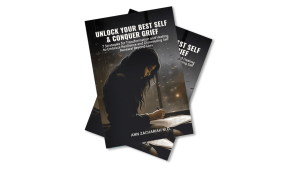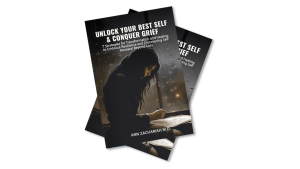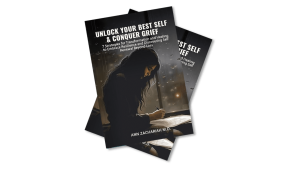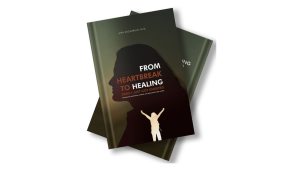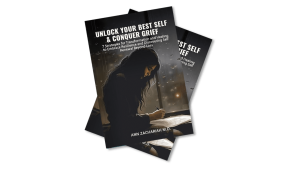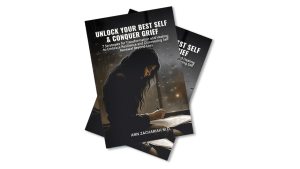Trust is the foundation of every expressive connection. When it disrupts, the heart frequently transmits the weight of disloyalty, misunderstanding, or expressive distance. Healing may seem unbearable at first, yet with time, exertion, and leadership, it can become a transformative trip. Many people find stimulus through rebuilding trust books, which offer sympathetic wisdom and practical plans to mend emotional injuries and rekindle faith in one another.
Authors who discover this delicate theme often describe the journey from discomfort to peace. They highlight that healing starts with an honest message and self-reflection. An influential book on transformational trust can remind readers that clemency does not erase the past but instead makes space for sympathy. By reflecting on individual patterns, individuals learn to reconstruct emotional safety, even when love feels fragile.
Throughout this trip, rebuilding trust books act as quiet friends. They teach us that faith is not rebuilt overnight. It produces when empathy substitutes anger and when endurance nurtures emotional overhaul. Reading about others’ knowledge can restore hope and stimulate renewed promise to love, connection, and pliability. Trust, once repaired with care, can emerge sturdier than before.
The Power of Healing Through Words
Words carry the control to heal, particularly when they resonate with our own feelings. Reading about the fights of others helps us know that we are not alone. Many best books on rebuilding trust in a relationship emphasize real open recovery. They guide readers through the procedure of forgiveness, honesty, and the transformation of confidence among partners.
Every page proposes insight into emotional transformation. These books often highlight that trust is a living component within relations—it requires nurturing. Finishing the power of storytelling, booklovers learn that healing takes both bravery and consistency. Books that explore transformation trust offer likeness exercises and expressive insights, helping couples communicate with honesty and respect. In this way, work becomes therapy, and words become medicine.
How Books Inspire Forgiveness
Forgiveness often feels like surrender, but in truth, it is liberation. Many best books on rebuilding trust in a relationship explain that forgiveness frees both the giver and the receiver. It allows space for healing to replace resentment. When we forgive, we stop reliving the pain and start writing a new chapter.
Reading stories about forgiveness helps people visualize the process. It becomes less abstract and more achievable. Books that explore this theme often show characters struggling between hurt and hope. As readers follow these emotional arcs, they begin to believe in healing again. The act of reading becomes an invitation to forgive not just others but also oneself.
The Role of Self-Reflection
Before forgiving, one must first express oneself. Many rebuilding trust books point out that self-reflection is the keystone of emotional development. When people understand their expressive triggers, they gain the control to change how they reply. This transformation makes relations healthier and sturdier.
Books that guide self-reflection encourage journaling, mindfulness, and honest self-assessment. They remind readers that healing does not come from blaming others but from taking responsibility for one’s emotions. Self-awareness opens the door to lasting change, and through that door, trust quietly returns.
Why Communication Matters
Communication is more than language; it is sympathetic. Many best books on transformation trust in an association remind readers that faith grows through open dialogue. When a partner’s texture is heard, they begin to feel appreciated again.
Misunderstandings between psychiatrists occur when both persons share feelings without judgment. Books that focus on message strategies teach understanding and patience. They inspire readers to listen deeply and respond with kindness. This simple act becomes a bridge between broken hearts.
From Pain to Peace
Emotional healing moves in waves. It begins with acknowledgment, flows through grief, and eventually reaches peace. Many rebuilding trust books follow this journey closely. They remind readers that healing requires consistent effort and compassionate understanding.
When readers immerse themselves in these stories, they often find parallels with their own experiences. They begin to see pain not as an ending but as a teacher. The lessons drawn from such books become tools for emotional renewal. With time, love grows again, built upon honesty, patience, and shared growth.
Building Trust After Betrayal
Betrayal cuts deeply, but it also reveals what truly matters. Some best books on rebuilding trust in a relationship explore the aftermath of betrayal and how couples can recover together. These books teach that rebuilding trust means starting small—keeping promises, showing respect, and creating consistency.
Through gradual steps, emotional safety returns. These books emphasize daily acts of reliability that slowly restore faith. Rebuilding trust after betrayal becomes not only possible but transformative. Each page reminds readers that strength often comes from surviving what once felt unbearable.
The Journey Toward Lasting Love
True love is not faultless; it is determined. Many best books for rebuilding trust in marriage portray love as a continuous process of learning, mercy, and rising. They inspire readers to see love as an outstanding, renewed daily.
Such books regularly describe how couples move from despair to reawakening. They teach that permanent love comes from communal vulnerability and firm support. Through honest effort, love changes into something more established, resilient, and intensely fulfilling.
Why Reading Heals
Reading involves both the heart and the attention. When people recite rebuilding trust books, they encounter wisdom that sparks alteration. These books deliver clarity when feelings cloud judgment. They offer leadership when the path feels uncertain.
Through deep reading, people find strength in shared knowledge. They understand that others have faced similar struggles and emerged stronger. Literature becomes together a mirror and a guide, a presentation that emotional overhaul is not only possible but attainable.
Conclusion
Trust, once broken, can feel impossible to restore. Yet, with patience and compassion, it can rise again—stronger, deeper, and wiser. Many rebuilding trust books remind booklovers that love is not about excellence but perseverance. They teach that transformation begins with honesty and is produced through understanding. Each step toward clemency brings people closer to sympathy, connection, and peace.
Through these inspirational books, booklovers find not just education but rehabilitated faith in humanity and love. They learn that rebuilding faith is a lifelong journey that shapes expressive maturity. When partners are obligated to this path, they make relationships based on respect, compassion, and shared purpose. Eventually, the act of transformation becomes a testament to the fortitude of the human heart and the curative power of words.


